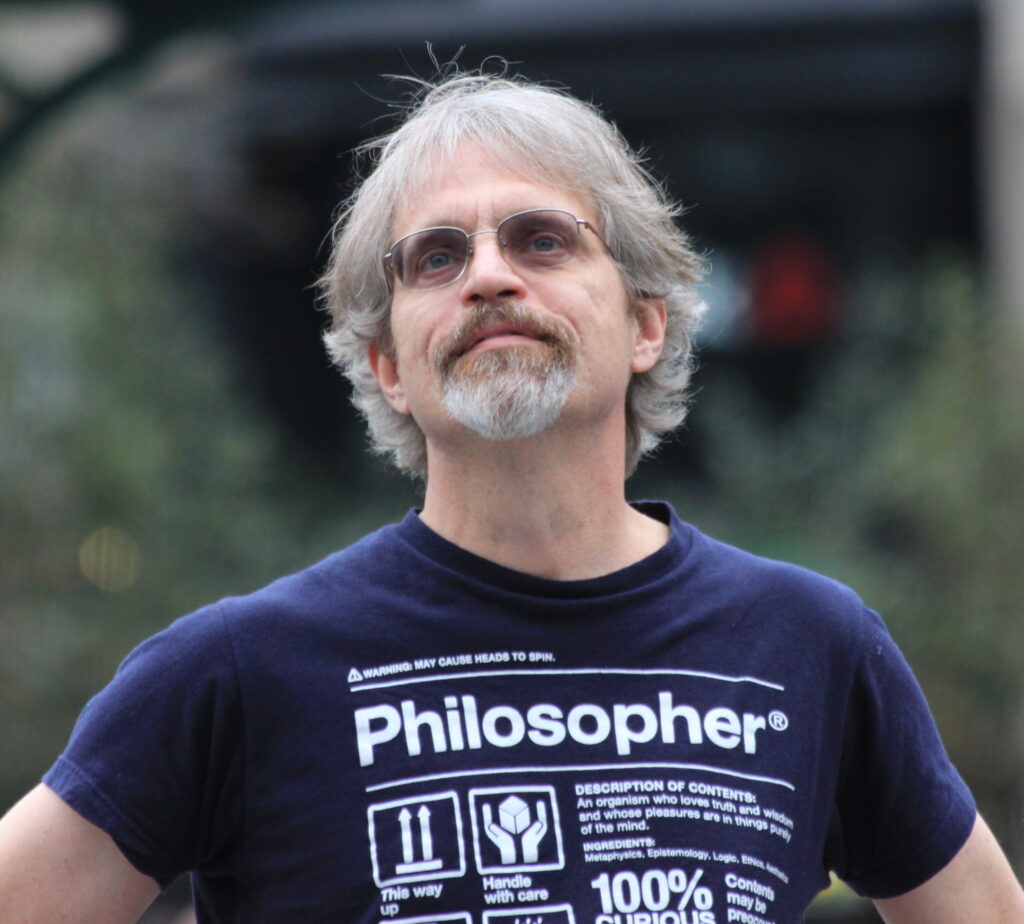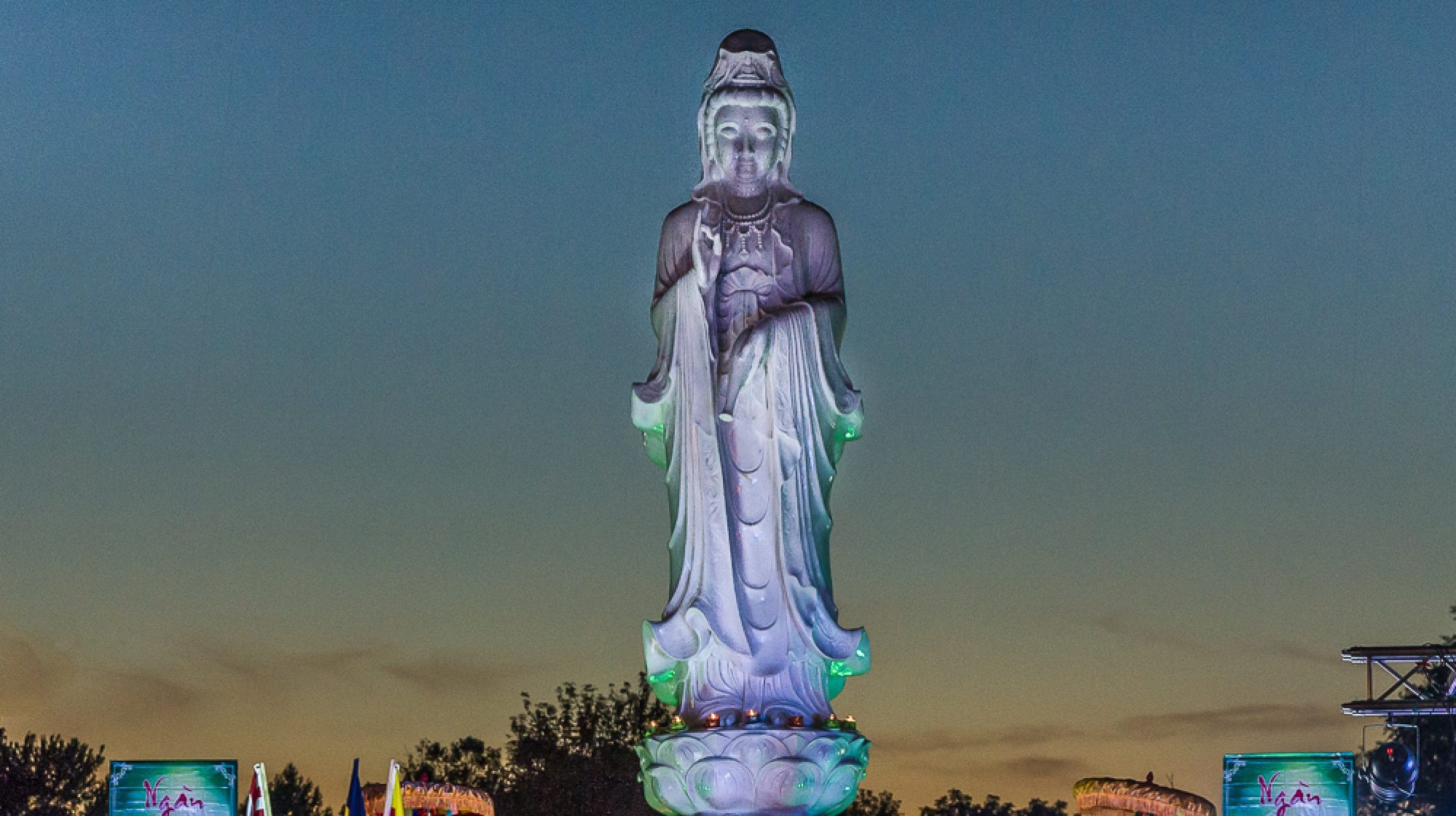On Thursday, October 19 at 7:00 pm in Sussman Theater (Olmsted Center), Eric Steinhart, Professor of Philosophy at William Patterson University and author of Your Digital Afterlives: Computational Theories of Life after Death (Palgrave, 2014), will speak on “Transhumanism vs. Christianity.”
Eric Steinhart grew up on a farm in Pennsylvania. He received his BS in Computer Science from the Pennsylvania State University. Many of his algorithms have been patented. He earned a PhD in Philosophy from SUNY at Stony Brook. He teaches at William Paterson University and is a regular visitor at Dartmouth College. He uses new digital ideas to solve old philosophical problems. He is especially interested in new and emerging religions and spiritualities. He has written many books including Atheistic Platonism: A Manifesto, Believing in Dawkins: The New Spiritual Atheism, and Your Digital Afterlives: Computational Theories of Life after Death. He loves New England and the American West, and enjoys hiking, biking, chess, and photography.
Transhumanism vs. Christianity: A dialog between a Christian and a transhumanist reveals their opposed religious faiths. For the Christian, holiness is unsurpassability. The first principle is a maximally perfect person with a holy creative will. Paradoxically, evil erupts in this will, creation falls, and humanity falls with it into sin and death. Paradoxically, grace erupts in this fallen nature, so that humans are offered the opportunity to be lifted up into immortal bodily life in the presence of God. For the transhumanist, holiness is self-surpassivity. The first principle is the holy law that all things shall surpass themselves into greater things. Against Christianity, the transhumanist argues that original unsurpassability necessarily entails paradoxes, which show that a holy will is logically impossible. Only the law can be holy. The transhumanist argues that the holiness of the law is revealed by the progress of physical, biological, technological, and cosmological evolution. The self-unfolding and self-revealing law will drive humans to perpetually greater heights of superhuman divinity. For the transhumanist, the faith in a person with a holy will is a form of idolatry which the law itself will overcome. In the end, the holy law shall be all in all.

See below for a voice/PPT recording of Dr. Steinhart’s lecture:
Below, please find a response to Dr. Steinhart’s lecture by Dr. Seth Villegas.

